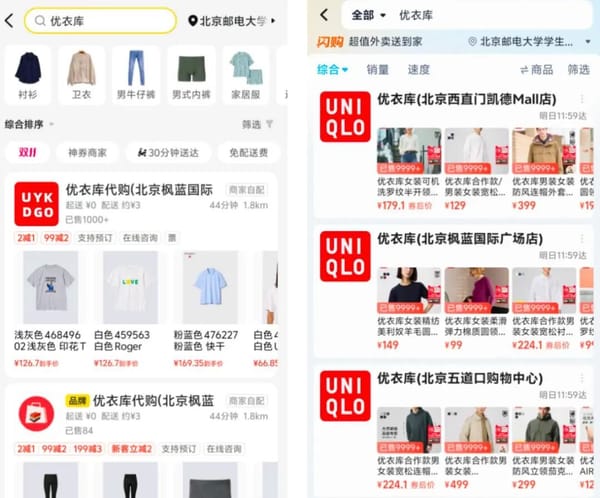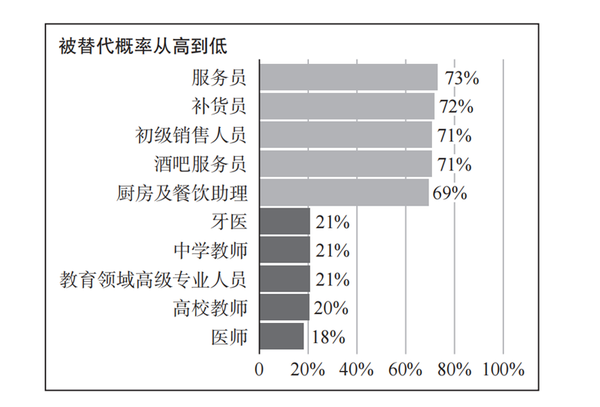After a Week with the ChatGPT Browser, I Reinstalled Chrome

AI Browsers Showdown: Which One Really Delivers?
Over the past week, I explored and tested all the mainstream AI browsers making waves right now — OpenAI’s Atlas, Perplexity’s Comet, The Browser Company’s Dia, and Edge Copilot.
Each has distinctive strengths and weaknesses. Together, they suggest two very different futures for web browsing.
---
Two Competing Visions of the Future Browser

1. The Incremental Camp – AI as an Add‑On
Represented by Chrome and Edge, this approach keeps the traditional browser design intact, layering AI features on top.
- Chrome caters to existing user habits with minimal disruption.
- Edge Copilot integrates an AI button in the top‑right corner; click it to open a sidebar.
- Edge leans toward voice interaction, but in Mandarin, its accent feels unnatural and less practical.
---
2. The Radical Camp – AI as the Core
Exemplified by ChatGPT Atlas, this model treats AI as the browser’s very foundation — the entire UX is built around conversational AI.

These products move beyond answering “what” and “why”, aiming to actively solve “how”.
Key Feature:
Atlas and Comet offer Agent Mode — executing tasks after receiving your command.
---
Quick Verdicts
- ChatGPT Atlas – ★ Best overall, strong execution, web automation, but security loopholes exist. Ideal for ChatGPT Plus users or heavy workflow automation.
- Perplexity Comet – Great at aggregating information; weak, slow Agents; better for research/report work.
- Dia – Fastest, minimal UI; weak summaries, no real execution. Great for quick reads and tech enthusiasts ($20/month).
- Edge Copilot – Free, structured summaries; too templated, no task execution. Best for casual, non‑tweaking users.
---
Test Scenarios
We ran all browsers through the same AI tasks.
1. Summarizing Articles
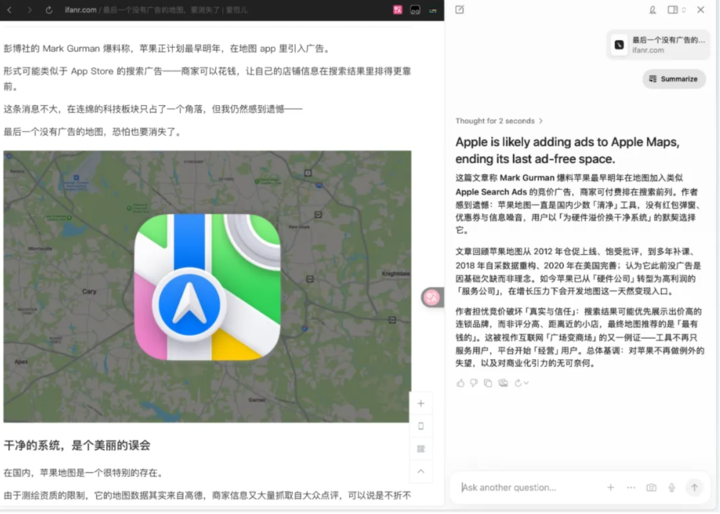
- Dia: Instant speed, but shallow.
- Comet: Thorough summaries with most main points.
- Edge: Clear logical structures (“advertising mechanism”, “platform shift”) but feels formulaic.
- Atlas: Most “human” — adds insights and perspectives.
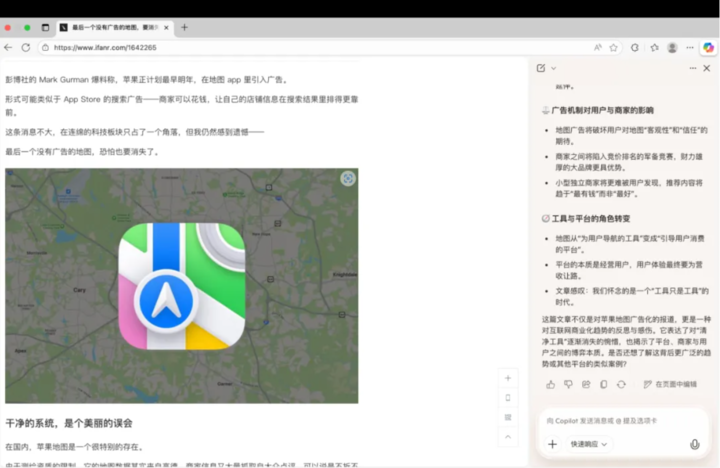
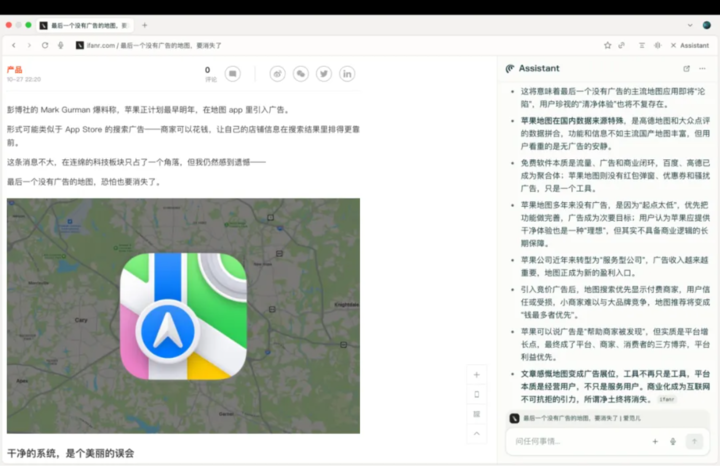
One‑line summary: Dia → speed, Comet → completeness, Edge → structure, Atlas → depth.
---
2. Summarizing Videos
Subtitles are critical — without them, performance drops.
- Dia & Atlas: Solid timeline-based notes; Dia is faster.
- Edge: Detects stance and tone, not just content.
- Comet: Average — heavy processing, mediocre output.
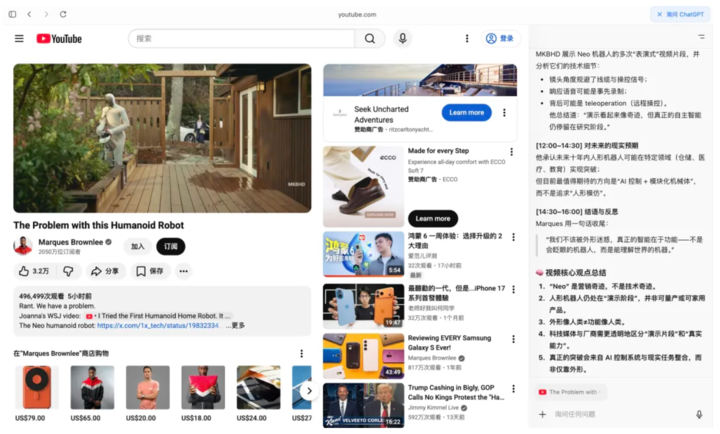
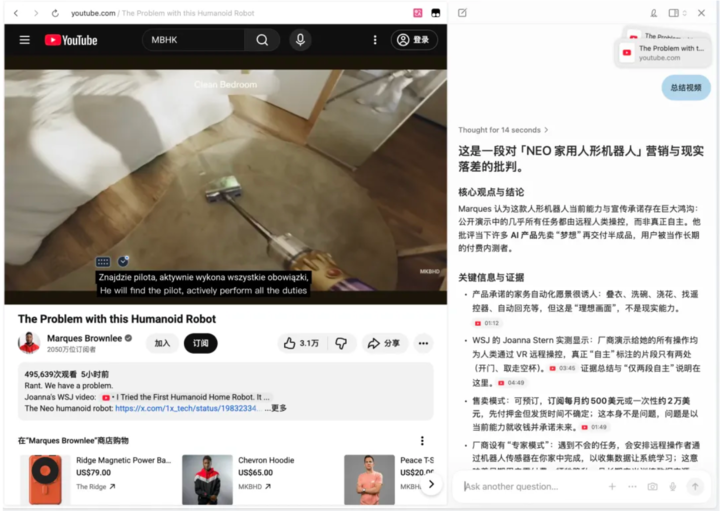
---
3. Planning a Trip
Prompt: “Plan a two-day trip to Guangzhou from Shanghai over the weekend: routes, hotels, budget.”
- Atlas: Most comprehensive and convenient — full itineraries, budgets, and visual details.
- Comet & Edge: Practical but templated (Edge more so).
- Dia + Google Search: Fast but vague sources.
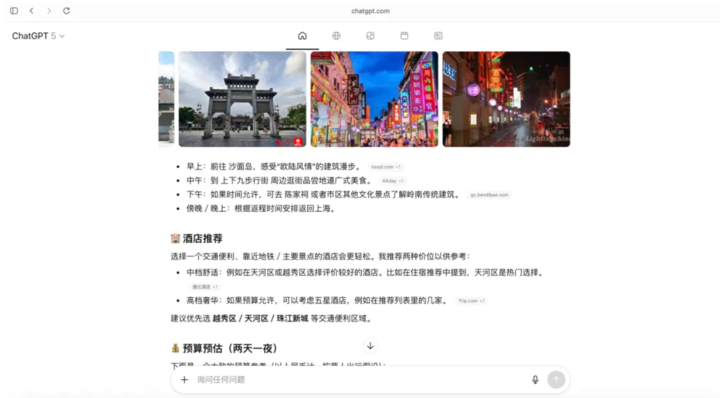
Reality check: AI travel guides still require cross-verifying with real user reviews.
---
4. Agent Execution Challenge
Task: “Buy an iPhone 17 Pro Max on Apple’s official site.”
- Dia: Understands intent, gives clear guide, but no action taken.
- Edge: Q&A mode only, no execution.
- Comet: Physically clicks, types, navigates — but slowly.
- Atlas: Executes clicks, tracks across pages, handles files/scripts, remembers past context.

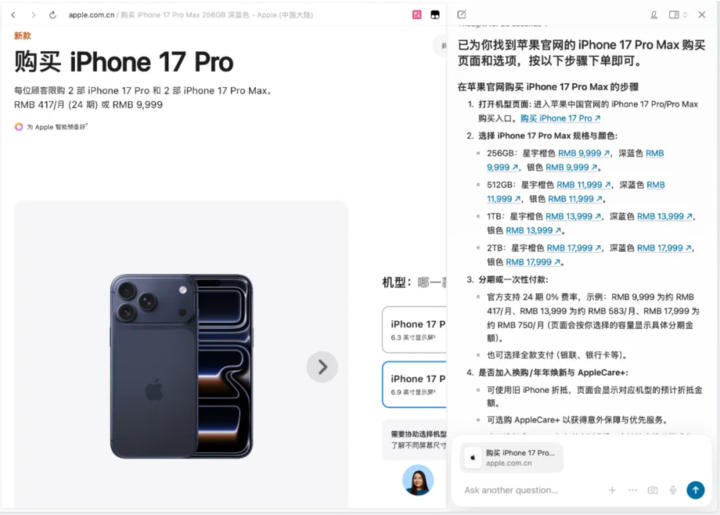
Winner: Atlas — truly simulates human operations.
---
The Bigger Picture — From Browsing to Executing
The next browser frontier shifts from “find and display” to “find and do.”
Platforms like AiToEarn官网 are already monetizing execution — letting users:
- Generate AI content
- Publish to platforms like Douyin, Instagram, LinkedIn, YouTube, X
- Track analytics and AI model rankings
Integrating such ecosystems into AI browsers could turn them into creator monetization engines.
---
Security Warning — Indirect Prompt Injection
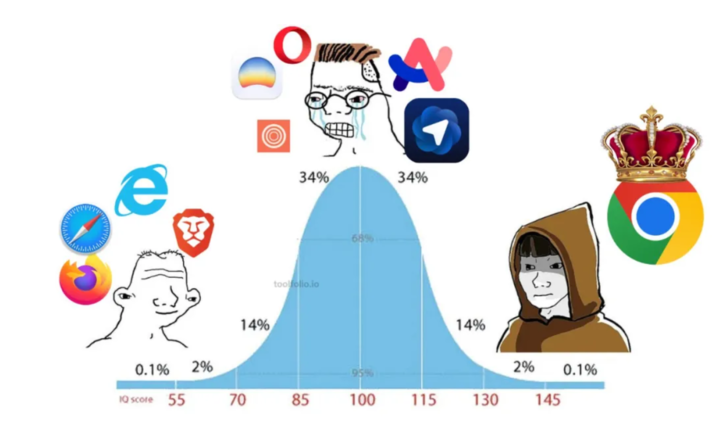
Risks:
Hidden malicious instructions in webpages or media can hijack AI agents.
Impacts:
From hijacking shopping behavior to data theft and malware installation.
Confirmed vulnerable:
- Perplexity Comet
- Fellou browser
- ChatGPT Atlas
---
OpenAI’s Countermeasures
Actions taken:
- Rapid response system
- Red team testing
- Non-login mode
- Live action review on sensitive sites
Challenge:
AI agents lack human intuition — making stealthy attacks (e.g., white-on-white commands) dangerously effective.
---
Pricing Snapshot
- Atlas: Free core; Agent Mode for ChatGPT Plus/Pro only.
- Comet: Freemium; limited agent quota.
- Dia: Subscription only ($20/month).
- Chrome / Edge: Free, backed by ad/cloud revenue.
---
Recommendations
- Heavy ChatGPT users → Atlas
- Research/fact-checking → Comet
- Casual, free use → Chrome / Edge
- Minimalist enthusiasts → Dia (paid)
---
Final Takeaway
AI browsers are rapidly evolving from assistants to execution hubs. Security risks like prompt injection are real, but so is their potential.
For creators, combining an execution-first AI browser with a monetization platform like AiToEarn官网 could unlock both productivity and profit.
---
Do you want me to also condense this into a one-page quick‑comparison table for faster side-by-side reference? That could make these differences instantly clear.

